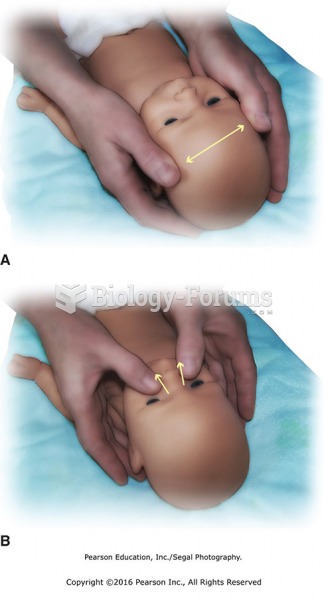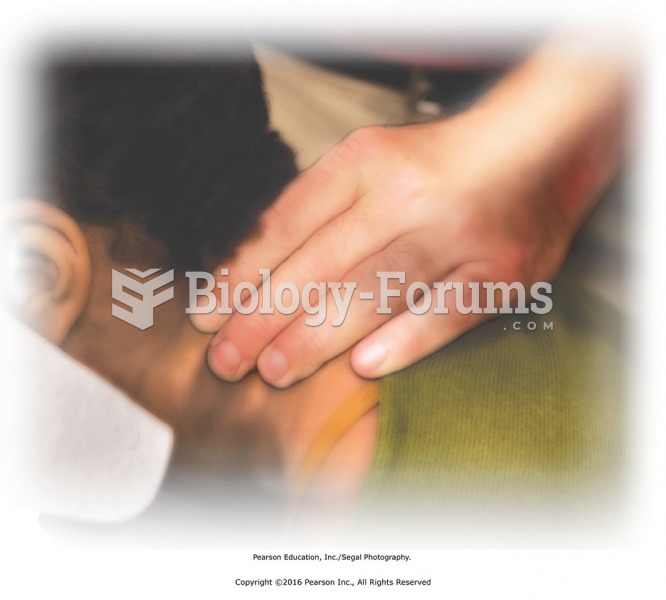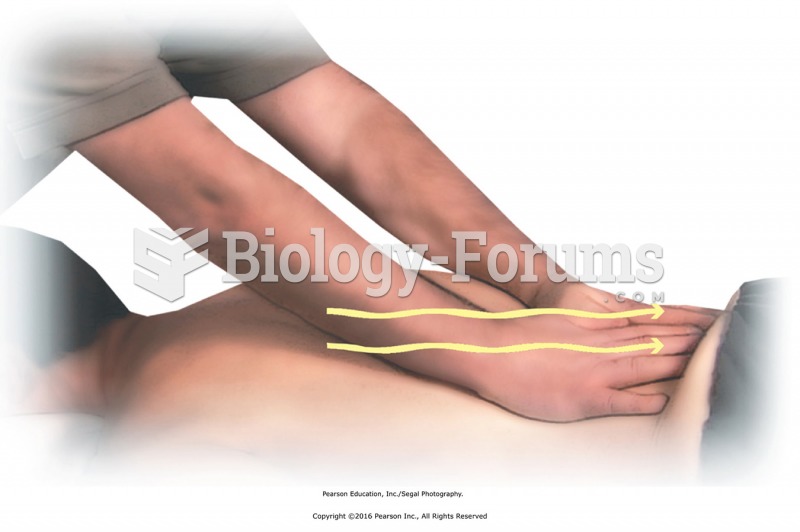|
|
|
Green tea is able to stop the scent of garlic or onion from causing bad breath.
There are over 65,000 known species of protozoa. About 10,000 species are parasitic.
Pink eye is a term that refers to conjunctivitis, which is inflammation of the thin, clear membrane (conjunctiva) over the white part of the eye (sclera). It may be triggered by a virus, bacteria, or foreign body in the eye. Antibiotic eye drops alleviate bacterial conjunctivitis, and antihistamine allergy pills or eye drops help control allergic conjunctivitis symptoms.
Cancer has been around as long as humankind, but only in the second half of the twentieth century did the number of cancer cases explode.
The eye muscles are the most active muscles in the whole body. The external muscles that move the eyes are the strongest muscles in the human body for the job they have to do. They are 100 times more powerful than they need to be.







